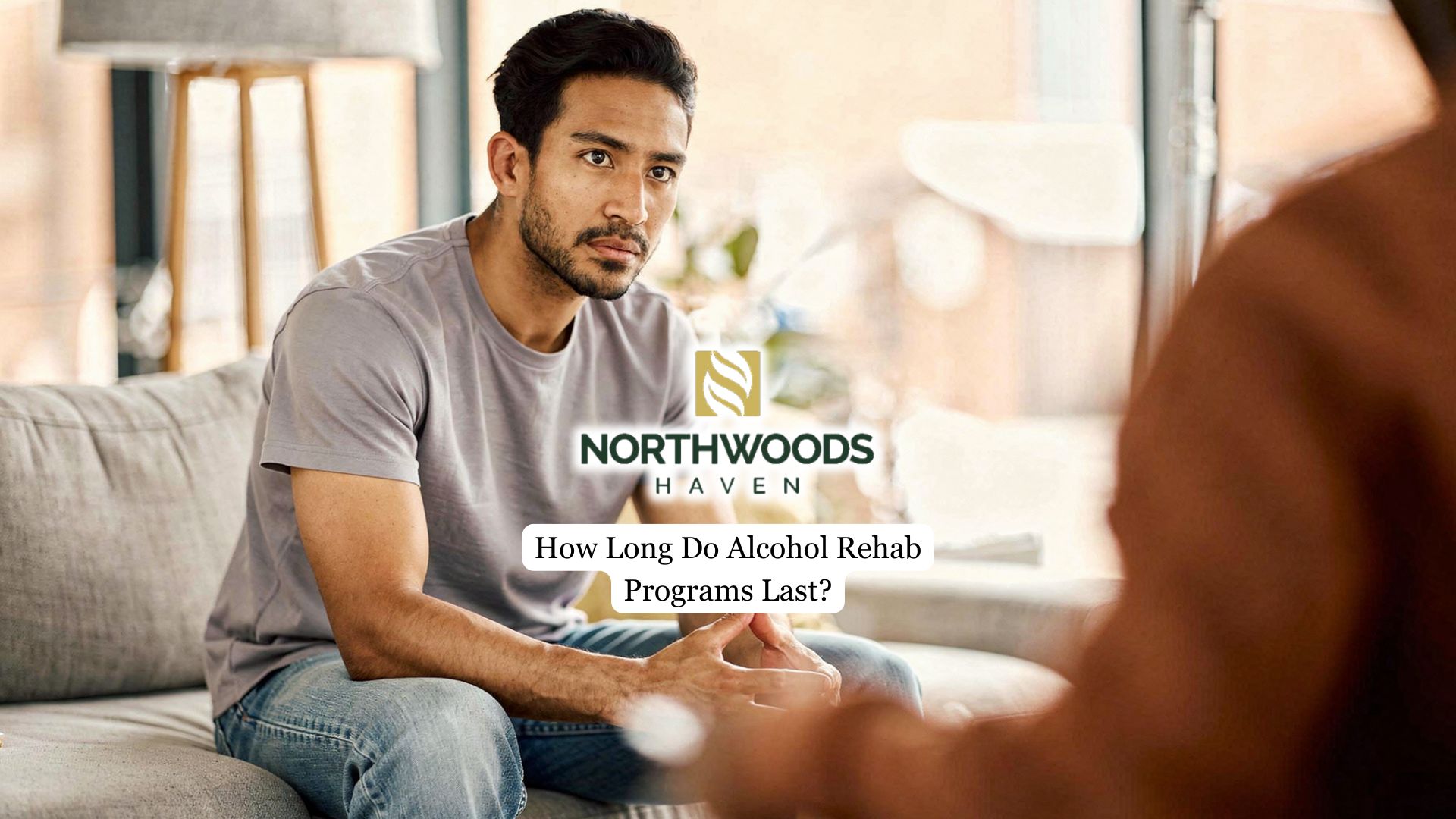Addiction often disrupts relationships, leading to loss of trust, conflict, and emotional distance. Repairing these bonds is an important part of recovery, as healthy connections can strengthen emotional resilience and reduce the risk of relapse.
This article lists practical, evidence-informed strategies to help individuals rebuild trust, improve communication, and establish healthier patterns of interaction after substance use recovery.
Eight Ways to Reconnect With Your Loved Ones
Rebuilding relationships after substance use can feel challenging, but it is a vital part of the recovery process. Here are eight ways you can mend a broken bond with your family and friends:
Take Responsibility and Acknowledge the Impact
The first step toward repairing relationships is honest self-reflection. Consider how substance use may have affected others, through broken commitments, emotional withdrawal, financial challenges, or conflict. Offering a clear, sincere apology without excuses demonstrates accountability and shows a genuine commitment to change.
Participating in group therapy can be especially helpful during this stage, as it provides a safe space to explore past behaviors, gain insight from peers, and practice taking responsibility in a supportive setting. Acknowledging the harm caused helps lay the groundwork for mutual healing and opens the door for trust to be rebuilt.
Practice Consistent and Honest Communication
Open communication is essential for restoring trust. Be transparent about your recovery process, including both progress and setbacks. Equally important is listening without defensiveness, allowing loved ones to share their feelings and concerns. Consistent, respectful dialogue helps reestablish mutual understanding and keeps relationships focused on growth rather than past conflict.
Rebuild Trust Gradually
Trust is rebuilt through consistent, reliable actions over time. Following through on promises, maintaining healthy routines, and showing reliability in small, everyday ways can demonstrate lasting change. It is normal for loved ones to be cautious at first, and patience is essential as confidence is slowly restored.
Make Amends and Offer Reparations
Taking action to repair past harm is a powerful part of rebuilding trust. This might involve finding a new job, repaying debts, fixing damaged property, or providing meaningful support where it’s welcome. It’s important to respect timing and boundaries, as some loved ones may need space before accepting amends. Thoughtful, consistent efforts show accountability and reinforce your commitment to creating healthier, more stable relationships.
Develop Healthy Boundaries
Boundaries protect both recovery and connections. Discuss and agree on clear expectations for behavior, communication, and mutual support. Healthy boundaries prevent enabling, reduce conflict, and create an environment where trust and respect can grow.

Seek Professional Guidance
Professional support can play a key role in repairing relationships. Family therapy, couples counseling, or facilitated group sessions provide a structured environment to address unresolved issues and build healthier communication skills. Incorporating professional help as part of aftercare in recovery ensures that relationship work continues beyond initial treatment, offering ongoing guidance tailored to each person’s circumstances.
Foster Positive Shared Experiences
Healing relationships is not only about addressing the past but also building a positive future. Engaging in meaningful, sober activities together, such as cooking meals, volunteering, or celebrating recovery milestones, can strengthen emotional bonds and create new memories that support long-term connection.
Be Patient and Compassionate with the Process
Relationship repair is a gradual process that may include setbacks. Maintaining realistic expectations, practicing self-care, and allowing time for others to heal are essential components of rebuilding connection. Extending compassion toward yourself and your loved ones helps sustain motivation and resilience throughout the journey.
How Therapy Helps with Relationship Repair Post-Addiction
Therapy plays a crucial role in rebuilding relationships after addiction by creating a safe, structured environment where individuals and their loved ones can address past hurts, improve communication, and restore trust. In this setting, participants are encouraged to share their thoughts and emotions openly, which helps resolve misunderstandings and fosters mutual understanding.
Family and couples therapy also uncovers unhealthy patterns such as enabling, codependency, or recurring conflict, guiding participants toward healthier ways of interacting. Therapists teach practical skills, including active listening, empathy, and emotional regulation, that strengthen communication and support intimacy. Sessions promote accountability by encouraging individuals in recovery to take responsibility for their actions, while also helping family members set healthy boundaries that protect their well-being.
Relapse prevention strategies are often integrated into the process, allowing everyone to recognize warning signs early and maintain a stable environment. Because each family dynamic is unique, therapy is tailored to address specific needs and goals, whether between partners, parents and children, or extended relatives. Ultimately, this work strengthens emotional bonds, reduces the risk of relapse, and builds a more resilient support system that sustains long-term recovery.
Final Thoughts from Northwoods Haven Recovery
Rebuilding relationships after addiction is a gradual process that requires patience, consistency, and honest self-reflection. Acknowledging past harm, maintaining open communication, and following through with trustworthy actions can help restore connection and strengthen the foundation for lasting sobriety. Professional support, such as therapy, provides structure and guidance that make this process more effective.
At Northwoods Haven Recovery, group therapy is a key part of our treatment approach, offering a safe space for clients to share their experiences, gain perspective, and receive encouragement from peers. These sessions foster mutual understanding, accountability, and emotional growth, essential components of repairing relationships. Through this supportive environment, individuals develop the tools and confidence they need to rebuild their lives and sustain long-term recovery.



